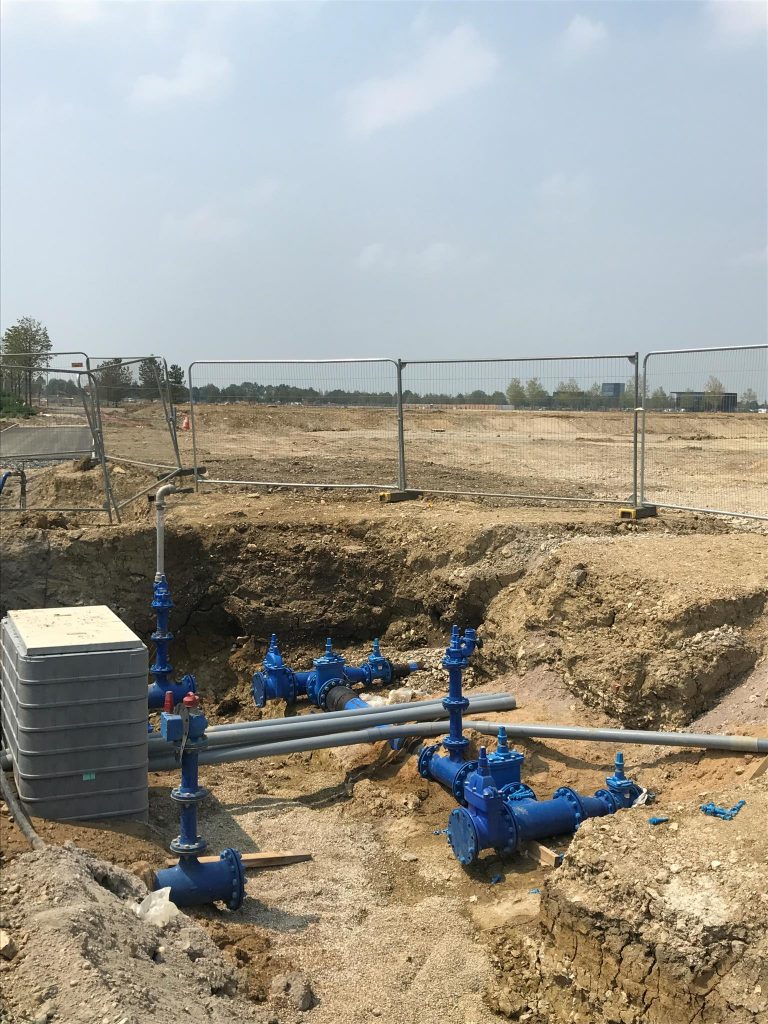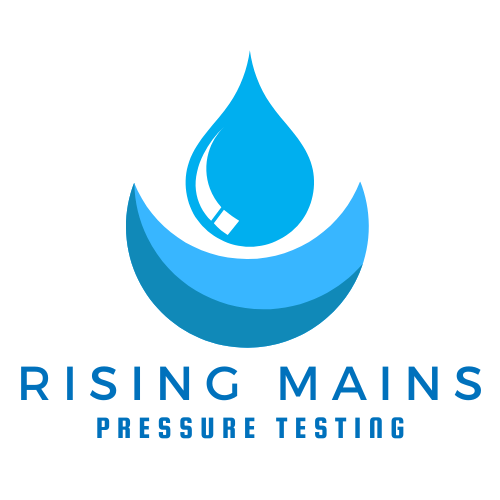Ensuring the structural soundness of rising water mains is essential for maintaining the uninterrupted flow of potable water throughout buildings and facilities. Consistent pressure testing plays a pivotal role in upholding the integrity of the system and mitigating the risk of potential leaks.
The significance of pressure testing rising mains lies in their function of transporting water with considerable force to higher levels. Over time, various factors such as corrosion and natural wear can compromise the durability of these pipes. This deterioration increases the likelihood of ruptures, leaks, and the infiltration of contaminants into the water supply.

Contact Us
The Importance of Rising Mains Pressure Testing
By conducting routine pressure tests, vulnerabilities within the system can be promptly identified and addressed before they escalate into critical failures. This proactive approach serves to safeguard several key aspects:
Early detection of leaks prevents the ingress of impurities, thereby preserving the quality of the water supply and minimising the risk of contamination.
Preventing waterborne illnesses stemming from contaminated water is paramount to safeguarding public health and well-being.
Avoiding water damage is crucial for maintaining the structural integrity of buildings and facilities, ultimately preventing costly repairs and potential hazards to occupants.
Adhering to water safety standards and local regulations is imperative for ensuring the overall safety and reliability of the water distribution system.
We prioritise safety and precision through our meticulous testing process:
Our technicians meticulously inspect pipework, joints, and fittings to ensure structural integrity.
Mains are methodically filled with water, eliminating any trapped air to guarantee accurate testing conditions.
Gradual pressurisation of the system to predefined levels ensures thorough testing.
Throughout the testing period, pressure readings are consistently monitored and logged for analysis.
Detailed analysis of gathered data allows for the identification of pressure fluctuations or drops.
In the event of any failures, our team provides expert recommendations for necessary repairs or remediation.
Expertise in Testing Standards and Regulations
Our team maintains a deep understanding of testing requirements and navigates complex regulations to ensure full compliance with local standards. Here’s an overview of the standards and regulations we adhere to:
- Water Supply (Water Fittings) Regulations 1999
- BS EN 805 Water Supply Requirements
- BS 8558 Buried Rising Mains Code of Practice
- Regional water company specifications and bylaws
- Benefits of Professional Rising Mains Pressure Testing
Using our qualified technicians equipped with industry-leading testing equipment, clients benefit in several ways:
- Minimise downtime caused by unexpected leaks and pipe failures
- Reduce costs associated with property damage and water repairs
- Safeguard public health through the maintenance of a secure and uncontaminated water supply
- Ensure compliance with regulatory audits and due diligence through well-documented testing procedures
- Access specialist advice on maintenance and replacement strategies tailored to specific needs
Determining the Frequency of Rising Mains Pressure Testing
While annual pressure testing serves as a baseline, various factors contribute to establishing the most suitable testing schedule for your rising mains system. Customising the frequency based on specific system characteristics and conditions ensures optimal maintenance and risk management. Considerations include:
The age, material, and overall condition of the pipes significantly influence testing frequency. Older pipes and those made of materials prone to corrosion require more frequent assessment. Previous inspections revealing signs of degradation indicate a need for heightened monitoring.
Soil composition and water quality directly impact the rate of pipe corrosion. Environments with high moisture, salt, or acidity levels accelerate external corrosion, while water with mineral deposits or low pH promotes internal corrosion. Monitoring and testing intervals should align with these conditions to prevent deterioration.
The criticality of the rising mains to facility operations determines the acceptable risk level for potential failures. Systems supporting vital functions such as healthcare require more frequent testing to minimize disruptions. Adjusting testing frequency based on operational significance allows for proactive maintenance and risk mitigation.
Local regulations and water company policies establish minimum testing requirements to ensure adherence to safety standards. These regulations serve as a baseline, but internal standards should consider additional factors to ensure comprehensive maintenance and compliance.
By carefully considering these factors, organisations can tailor their pressure testing schedules to effectively manage risks and maintain the integrity of their rising mains systems.
